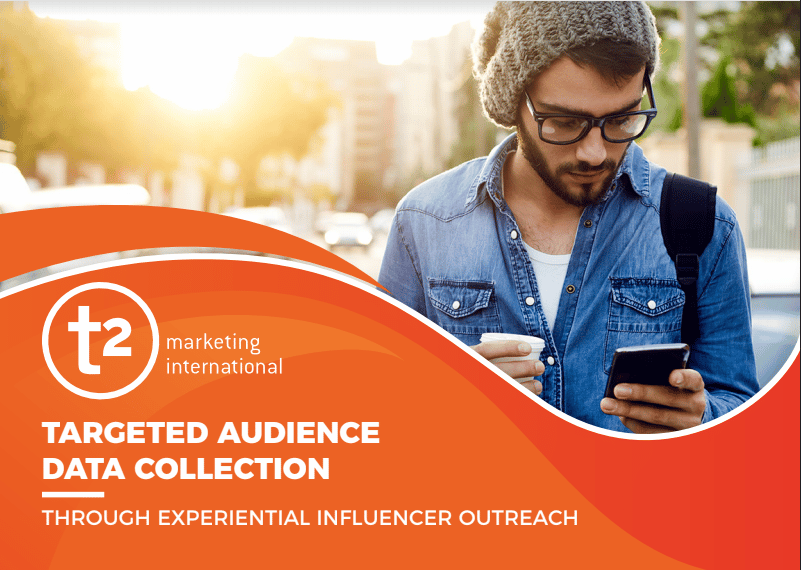Why Facebook Missed Their Q2 Estimates
On Thursday, July 26th, Facebook’s market cap lost over $120 billion after announcing slowed user growth and missed revenue expectations.
Despite FB stock dropping 19%, the reasoning behind Facebook’s decreasing revenue and slowed growth may have simple explanations which don’t imply the company’s decline.

Slowed Growth
This quarter, Facebook’s daily active users grew by only 1.54% while monthly active users grew by only 1.73%, a huge decrease since Q1’s DAU growth of 3.42% and MAU growth of 3.15%. Q2 of 2018 marks Facebook’s slowest quarter ever. One conclusion is that Facebook may be reaching a plateau of users. With 2.234 billion total monthly active users (almost 30% of the global population), Facebook may have simply hit its peak.
There may be other reasons for Facebook’s decline in growth. Following the Cambridge Analytica data scandal where the personal information of 87 million Facebook users was sold in an attempt to influence voter opinion, the hashtag #DeleteFacebook was trending on Twitter. According to research firm Tech.pinions, 11% of American Facebook users deleted the app from their phones while 9% deleted their Facebook account during the trending period. Facebook may have continued to gain new users around the world while also losing a large proportion of their current user base.
To regain the trust of the Facebook community, Facebook spent much of Q2 focusing on transparency and ethics which may have taken the company’s focus away from growth. Furthermore, their willingness to act more ethically may come with negative financial consequences. Recent transparency and ethics changes to Facebook include the ‘Info and Ads’ section where users can see which pages are running ads, the labeling of political ads along with registration to run them, and the removal of targeting options.
Decreasing Revenue
At first, these three changes seem like a step in the right direction however they may come at a cost. With the ‘Info and Ads’ section and political ads changes, advertisers may be less inclined to buy Facebook ads now that the advertiser will be openly exposed. As for the removal of targeting options, advertisers will no longer be able to segment users by income, net worth, shopping habits, and any other data found by third-party sources. This change can render Facebook ads less effective and cause advertisers to take their campaigns to other social platforms and advertising platforms.
Despite Facebook’s changing ad platform which may decrease revenues, their team is constantly innovating to bring the best user experience. Investors can only hope that their innovations will pay off in Q3. As with their latest addition: Facebook story ads, Facebook is adding features or generating reports almost daily and is striving to consistently dominate the social media industry. With over 2 billion monthly active Facebook users and 1 billion monthly active Instagram users (and growing quickly), Facebook’s Q2 numbers are not representative of their direction as a company. Facebook will bounce back stronger than ever as long as their team continues to innovate and regain the trust of the online community.



